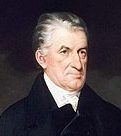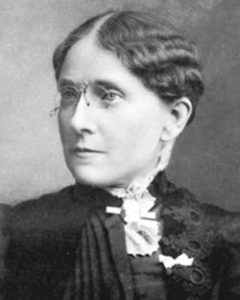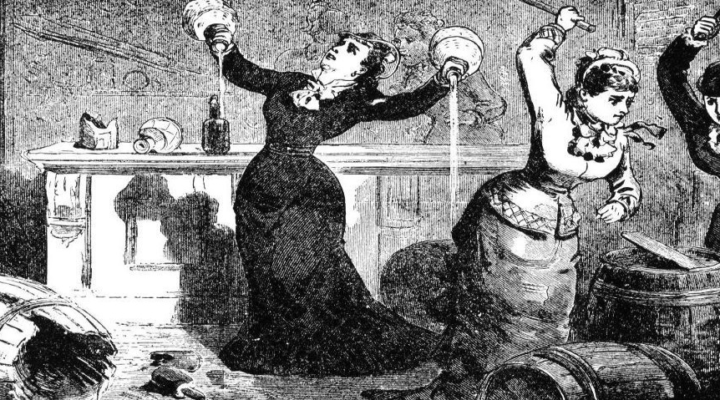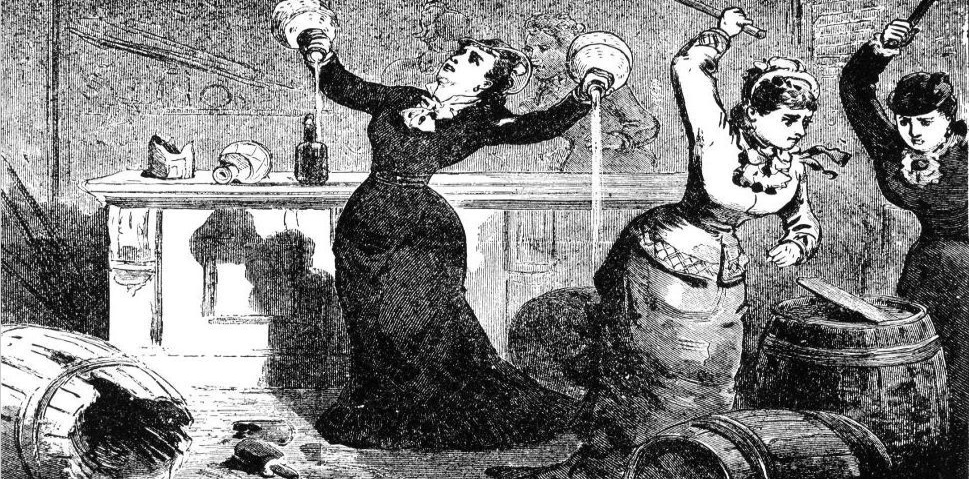The COVID-19 pandemic is changing the ways in which Americans relate to alcohol, and it might be threatening the legacy of America’s temperance movement. A recent report from NPR noted that alcohol sales have increased dramatically since the start of the pandemic. In fact, over the month of April, Nielson reported online sales of alcohol rose to almost 500% pre-pandemic levels.
Online sales are not the only thing new as Americans seek to get a buzz during the pandemic. Both Democratic Gov. Andrew Cuomo of New York and Republican Gov. Ron DeSantis of Florida eased laws allowing alcohol to be sold off the premises of restaurants and distilleries as well as delivered to customers. DeSantis found the decision had “been pretty popular” and he believed that they would probably “keep that going.”
A national organization serving the food and wine industry reported early in the pandemic lockdown that more than 33 states were then allowing “to go” alcoholic beverages to be sold.
The loosening of restrictions on the sale of alcohol raises questions as to the long-term viability of what are often referred to as a “blue laws.” These laws often prohibit certain activities from taking place on Sunday but may also prohibit individuals from buying alcohol at certain times or require grocery stores to sell beer at room temperature. They are vestiges of the temperance movement.
Nineteenth-century temperance
Beginning in the early 19th century, Americans flocked to create reform societies that would rid the country of immorality and vice. A century earlier, Alexis de Tocqueville described the country as a “nation of joiners” because of the plethora of various societies and organizations. The American Temperance Society, founded in 1826, served as one of the country’s flagship reform societies that sought to stamp out the consumption of hard liquor.

Lyman Beecher
Organized by the well-known pastor Lyman Beecher, the American Temperance Society believed intemperance threatened the social order.
“Intemperance is a disease as well as a crime,” Beecher wrote, “and were any other disease as contagious, or as marked symptoms, and as mortal, to pervade the land, it would create universal consternation.” He believed “abstinence, and that only,” could remedy an individual’s dependence and habit of “drinking ardent spirits.”
By the latter 20th century, the Woman’s Christian Temperance Union breathed new life into temperance under the leadership of Frances Willard. Raised in a family with a long history of supporting temperance, Willard wedded the goals of temperance with the goals of women’s suffrage. Rather than seeking to convince individuals to pledge to refrain from consuming alcohol, Willard began pressuring politicians to establish temperance into American law.

Frances Willard
Although she died in 1898, Willard’s leadership with the Women’s Christian Temperance Movement helped bridge conservative Christians with Social Gosplers in common cause. Temperance became a unifying cause for American Christians across the Protestant theological spectrum. As a result of this cooperative effort, Congress ratified the 18th amendment in 1919 prohibiting the “manufacture, sale or transportation of intoxicating liquors.”
For 13 years, prohibition was the law of the land. President Franklin D. Roosevelt campaigned for its repeal, and in 1933 Congress ratified the 21st amendment, repealing the work of Willard and other temperance activists.
The legacy of prohibition
Even still, the legacy of temperance continues through local and state laws that regulate the sale of alcohol. Indiana, often recognized for some of the most strict alcohol laws, made news for loosening some of these laws during the pandemic. While the state has not taken the radical step of legalizing “happy hour,” you can now order take-out alcohol from restaurants and even purchase room-temperature beer from the grocery store on Sunday.
The loosening of alcohol laws raises questions about whether or not the last vestiges of the American Temperance movement can withstand the force of the current pandemic and whether or not we should care.
“In many ways the pandemic is only exacerbating existing trends within American Christianity.”
In many ways the pandemic is only exacerbating existing trends within American Christianity. Southern Baptists in recent years have seen members begin to soften their views on alcohol consumption. Evan Lenow, former ethics professor at Southwestern Baptist Theological Seminary and now a staff member at Mississippi College, was quoted in a 2018 article saying, “We are seeing a change from total abstinence to a trend of acceptance of alcohol among Southern Baptists.”
Greater acceptance of alcohol
According to a 2016 Barna study, 67% of adults in the United States say they drink alcohol. Of those who identify as Christians, 60% say they drink, and 43% of individuals identifying as evangelical Christians report consuming alcohol. Almost 3 in 10 adults will also admit to sometimes drinking more alcohol than they should, and that number rises to more than 4 in 10 among millennials. This number drops significantly among those who identify as Christians but especially evangelicals, with only 2% saying they sometimes drink more than they should.
When Barna asked why individuals abstained from consuming alcohol, however, only 14% of respondents claimed it was for religious reasons. More than half of the respondents cited either the negative effects consuming alcohol had on family and friends or disliking the taste of alcohol. Only 1 in 10 cited alcoholism.
At the same time, evangelicals more than any other group (at 86%) oppose lowering the minimum drinking age to 18. There are limits to the willingness of some Christians to loosen alcohol regulation.
 Increasingly, however, congregations are experimenting with programing like “Theology on Tap” nights and hosting young adult educational gatherings at breweries. Tripp Fuller has modeled how this style of religious educational programming can work through his popular podcast Homebrewed Christianity.
Increasingly, however, congregations are experimenting with programing like “Theology on Tap” nights and hosting young adult educational gatherings at breweries. Tripp Fuller has modeled how this style of religious educational programming can work through his popular podcast Homebrewed Christianity.
These changing attitudes provide both encouragement and lament for our current political context. The story of temperance is one in which a passionate group of singularly minded individuals fought to exert their moral convictions onto the whole of the country, and they failed. They may have succeeded for a 13-year period, but history shows their ultimate failure. Many of the theological decedents of this movement have abandoned the cause of temperance. Their legacy only remains in certain obscure and inconvenient laws.
Despite whether we believe the cause of temperance was good or bad, historically it represented a joint effort between both conservative and liberal Christianity. It was an issue that facilitated a cooperative endeavor between two theologically disparate groups. In the 21st century, it remains difficult to conceptualize a similar issue galvanizing these wings of American Christianity.
And remember this: The “Father of Bourbon” was a Baptist preacher in Kentucky.
 Andrew Gardner holds a Ph.D. in American religious history and is the author of Reimagining Zion: A History of the Alliance of Baptists.
Andrew Gardner holds a Ph.D. in American religious history and is the author of Reimagining Zion: A History of the Alliance of Baptists.
Related articles:
Survey says teetotalers slowly losing ground in Protestant churches
Bourbon, boobs and bedrooms: Will the Body of Christ choose people over purity?


